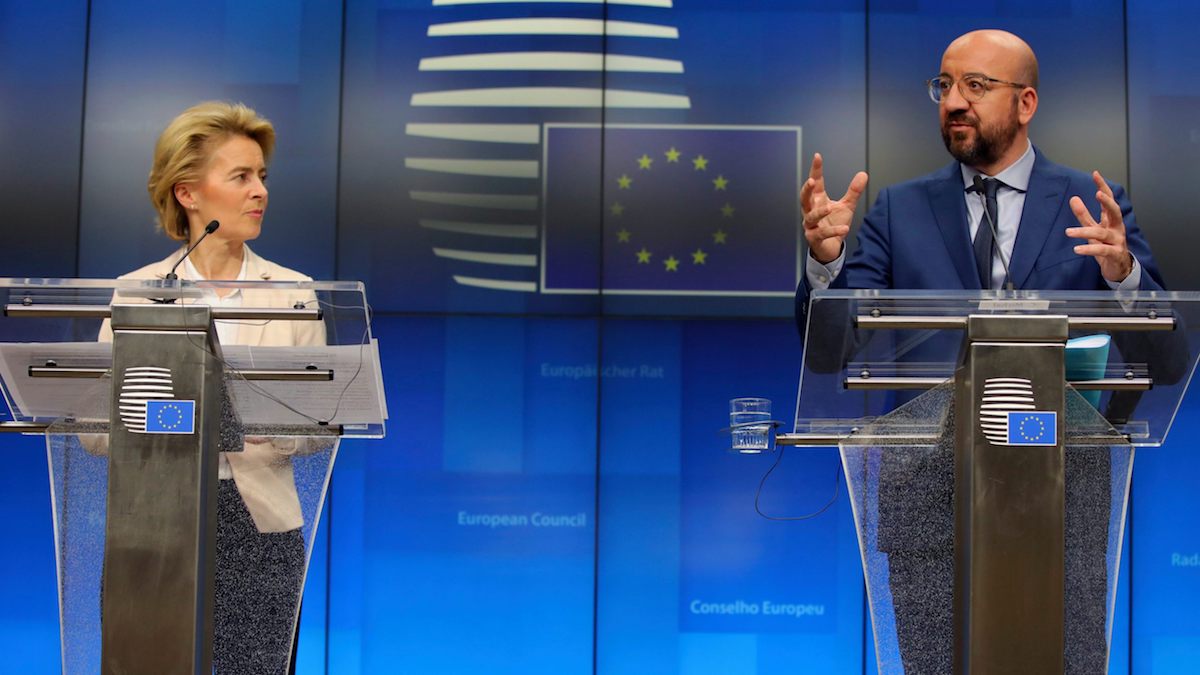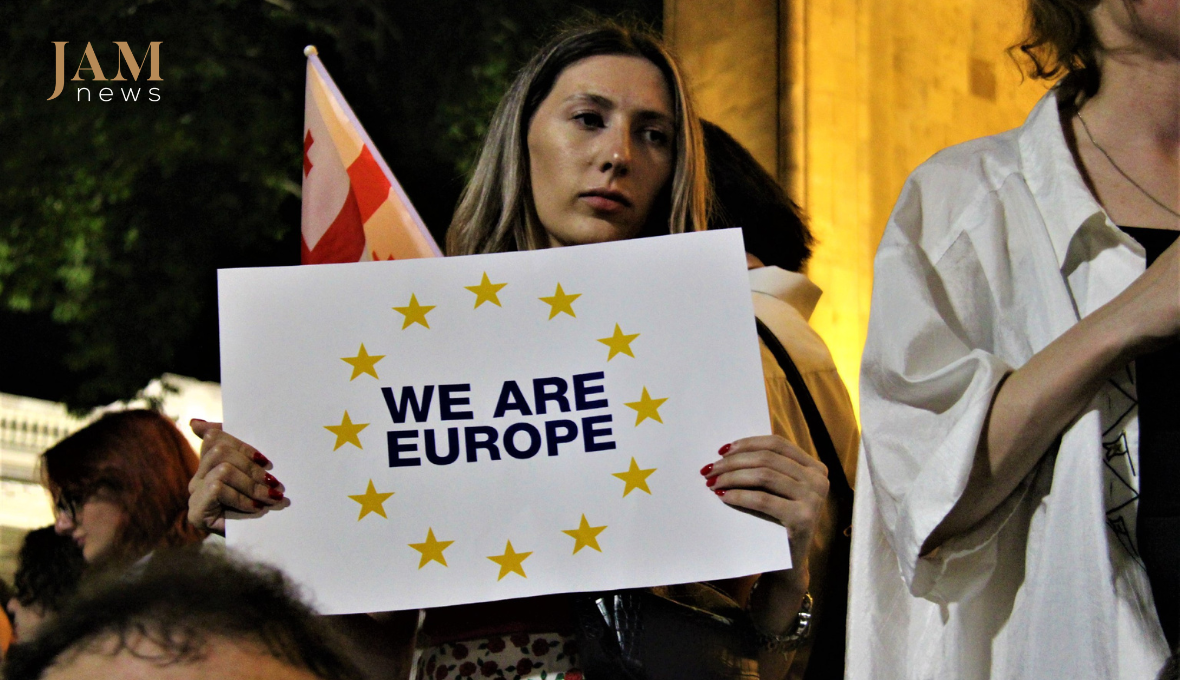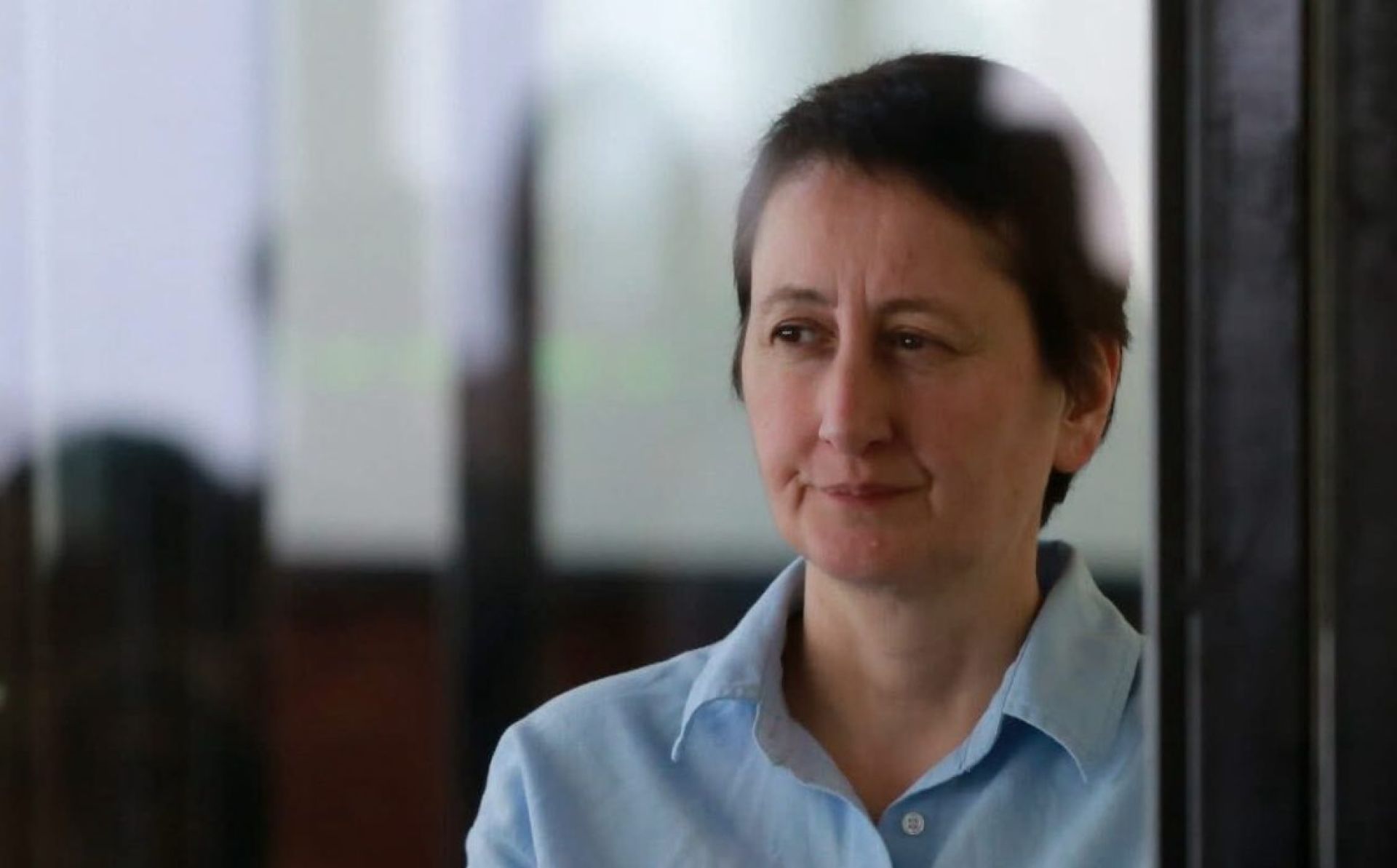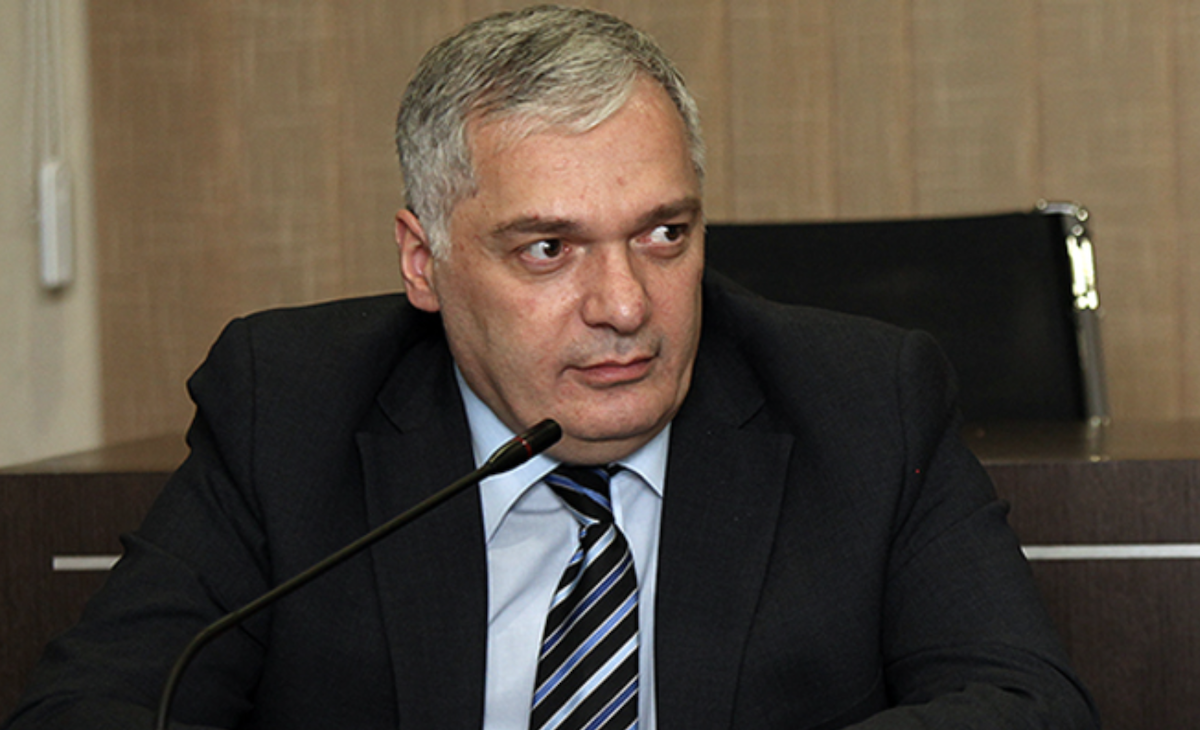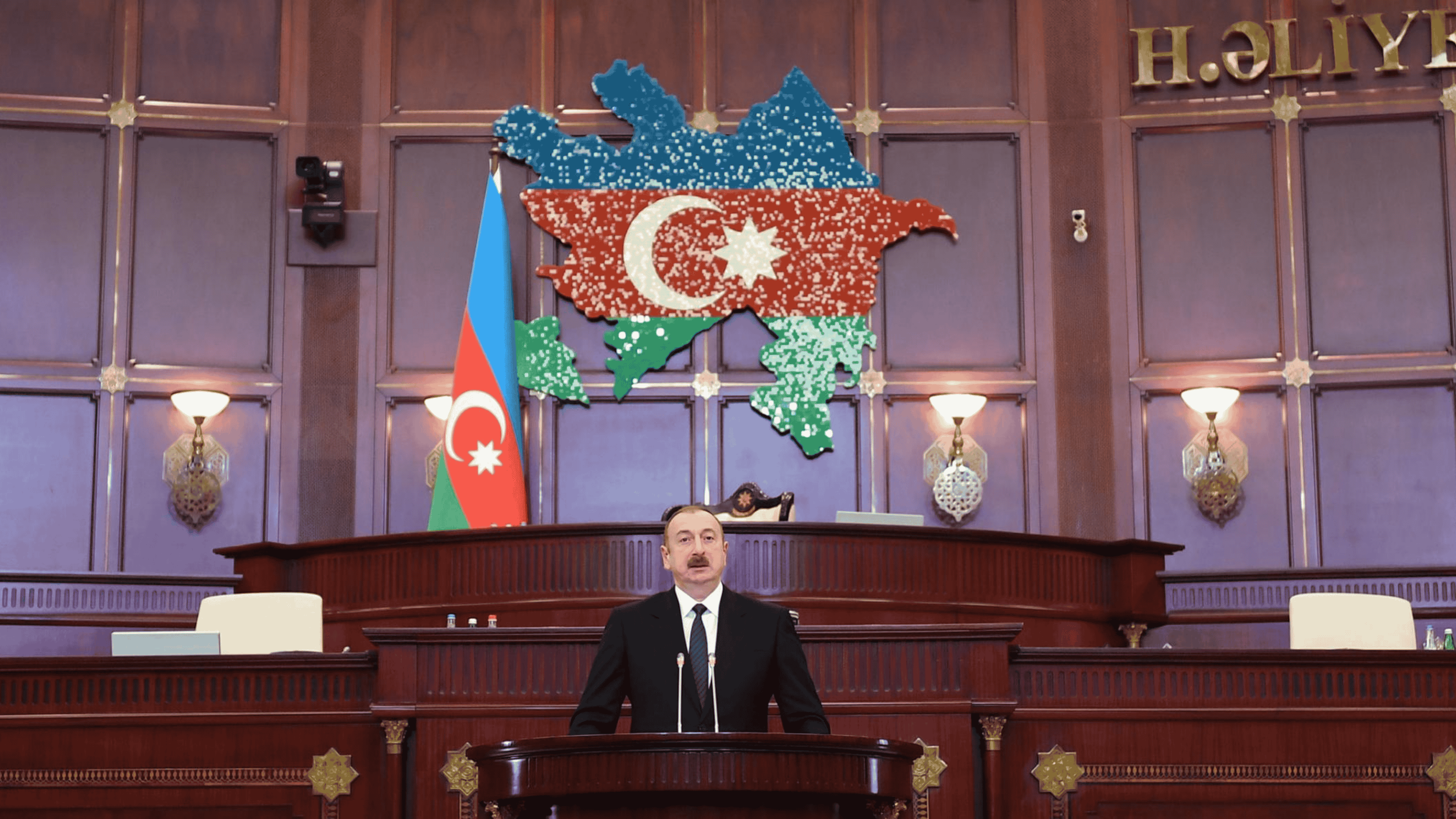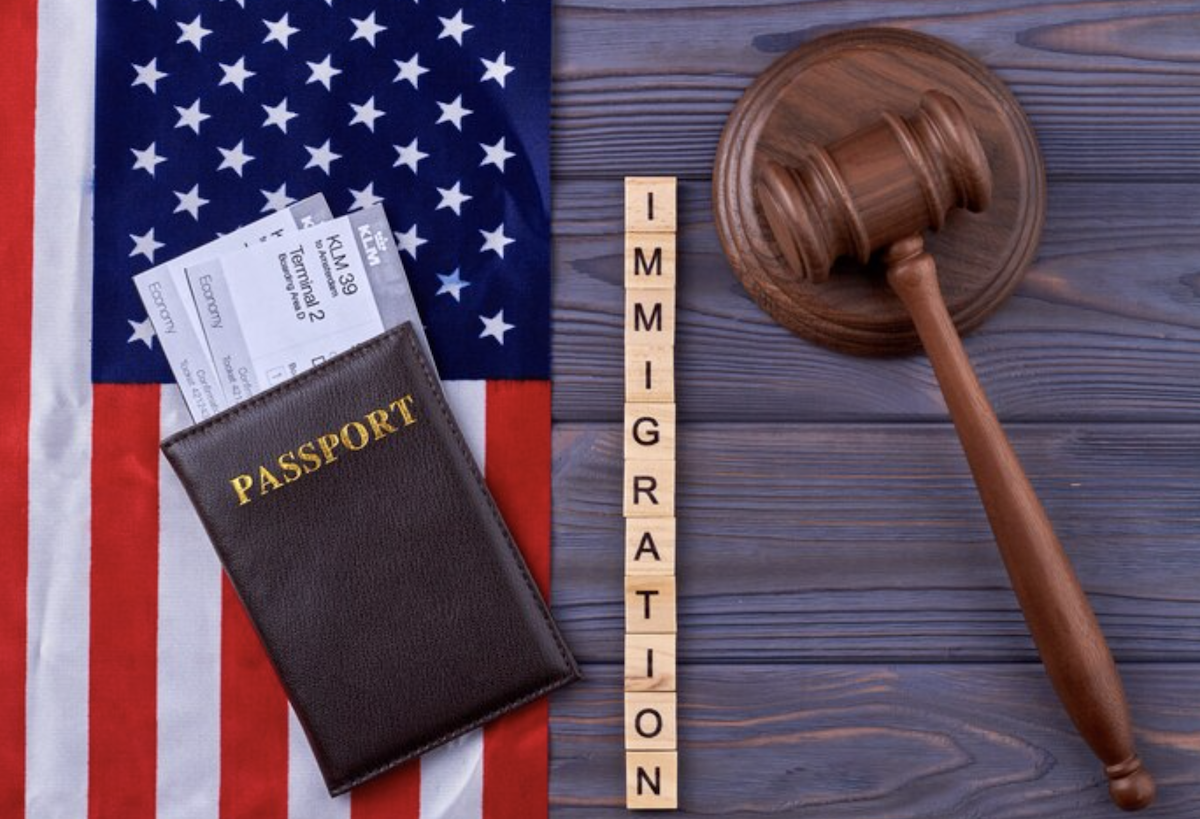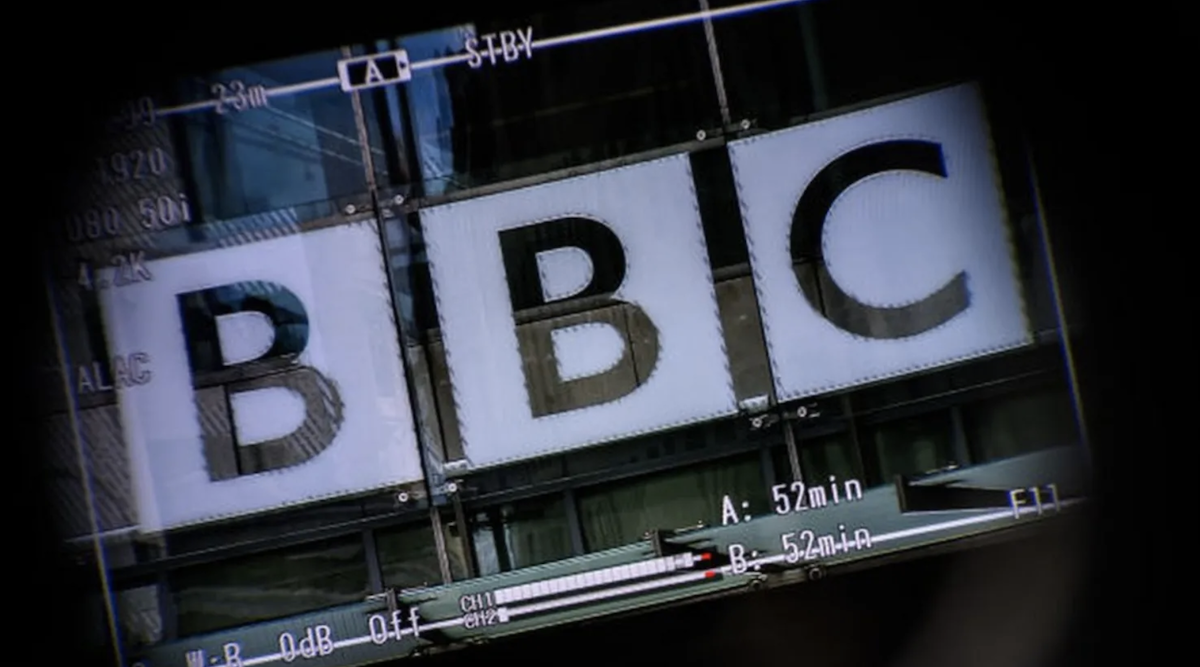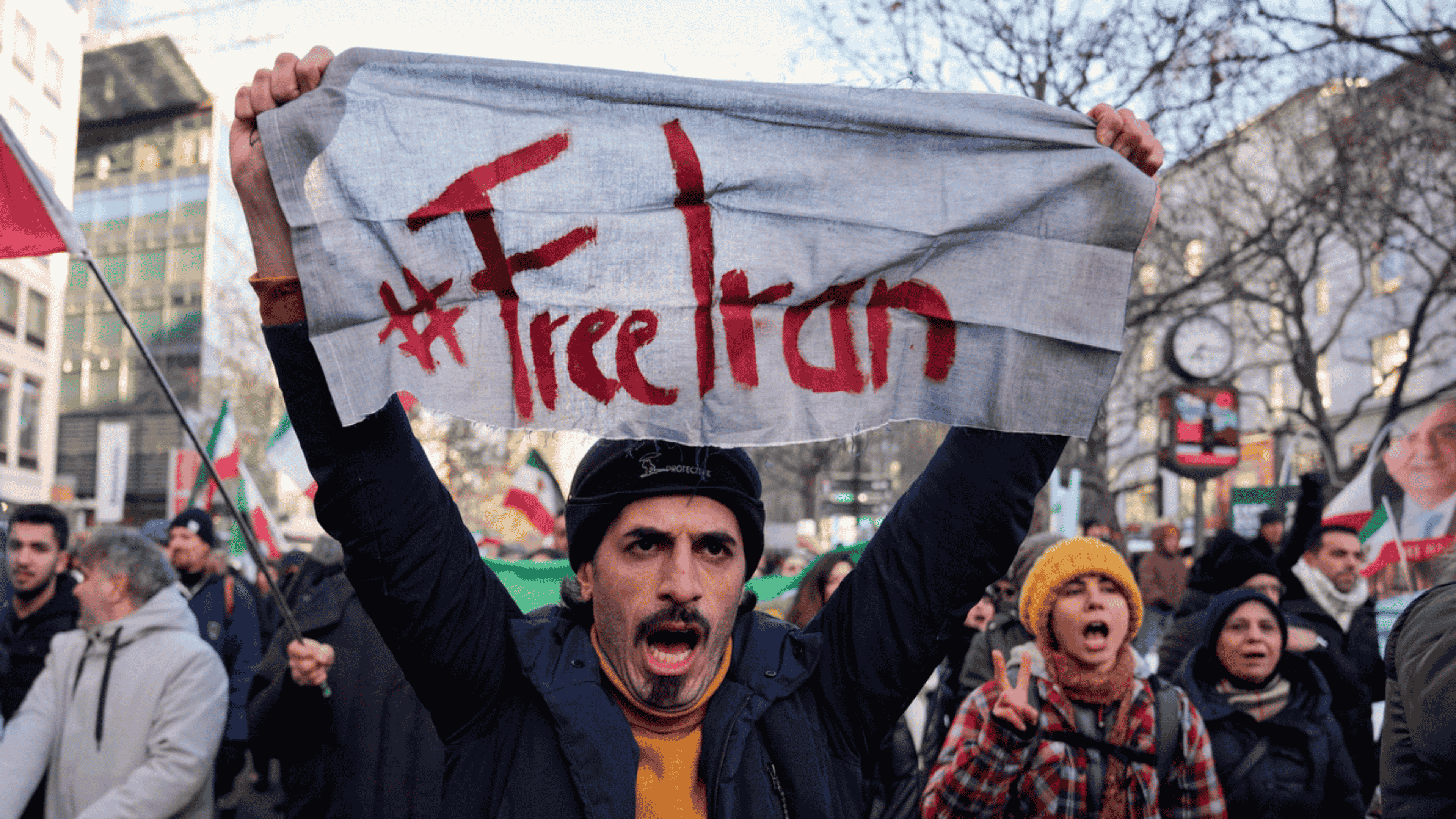Georgia introduces new legal restrictions on media
Media law in Georgia
The Parliament of Georgia is set to pass a law which involves censorship of media, in the opinions of experts.
The Parliament of Georgia adopted the amendments by 84 votes to 3 on the first reading.
Deputies of Georgian Dream explained the changes as necessary under an with the agreement with the European Union.
There are several points in the bill that have raised concerns among experts and journalists.
According to the bill, the distribution of programs and advertisements containing “hate speech and incitement to terrorism” is prohibited.
Hate speech control is currently under media self-regulation, but the new law places it under state regulation. More precisely, it will be under the control of the regulatory commission, which can be used as leverage over the media in the hands of the government. Media representatives and experts see the danger of censorship in the change.
For example, now, the regulatory commission would be able to fine the media until a court decision is reached.
Also, a provision on the “right of reply” has been introduced – it is granted to a person who believes that incorrect facts were reported about them in a broadcaster’s program.
The law also specifies that media may not “influence the unconscious.” Who will determine what influence anyone may have over viewers’ unconscious mind was not specified.
The term “proper credibility”, which is mentioned in the bill, has also attracted criticism.
The adoption of a “law on broadcasting” is a requirement of the European Union, Irakli Kobakhidze, chairman of the ruling party, says:
“The adoption of this bill is one of the requirements of the European Union; the regulation of hate speech is also a direct requirement. By the end of the month, if we do not follow this in the first reading, the country may be expelled from European organizations. They demand that we adopt this law,” Kobakhidze said.
Journalists asked Kobakhidze to what extent the European Union requires the adoption of the bill in this form and to what extent the European Union asks, for example, to include a “right of reply” in the law, to which Kobakhidze replied: “Let’s not be hasty; consultations with representatives of the European Union will continue.”
Who will measure hatred?
The bill was criticized by journalists, NGOs and opposition politicians.
If the draft amendments to the law “On Broadcasting” remain in the form in which it was developed, “it will be a political weapon that will be directed against the media at some point,” media expert Lasha Tugushi believes.
Some of the changes are aimed at financially weakening the media, Nino Dzhangirashvili, general director of Kavkasia TV, believes. If a large fine is imposed on a company, this would force is to shut down.
“Therefore, [the decision on the fine] cannot be enforced before the court’s decision,” Dzhangirashvili says.
A leader of the opposition Girchi party, Alexander Rakviashvili, does not understand what changes in the law serve nor how, according to what system, incitement of hatred should be measured.
“What does hate mean? Some people, bureaucrats, have to decide whether some statement incites hatred or not? Should there be an explanation in the law? How is this measured? Will we have a ten-point system? This is absurd. If you like it, then write down directly that we are limiting the freedom of speech in order to do something.”










